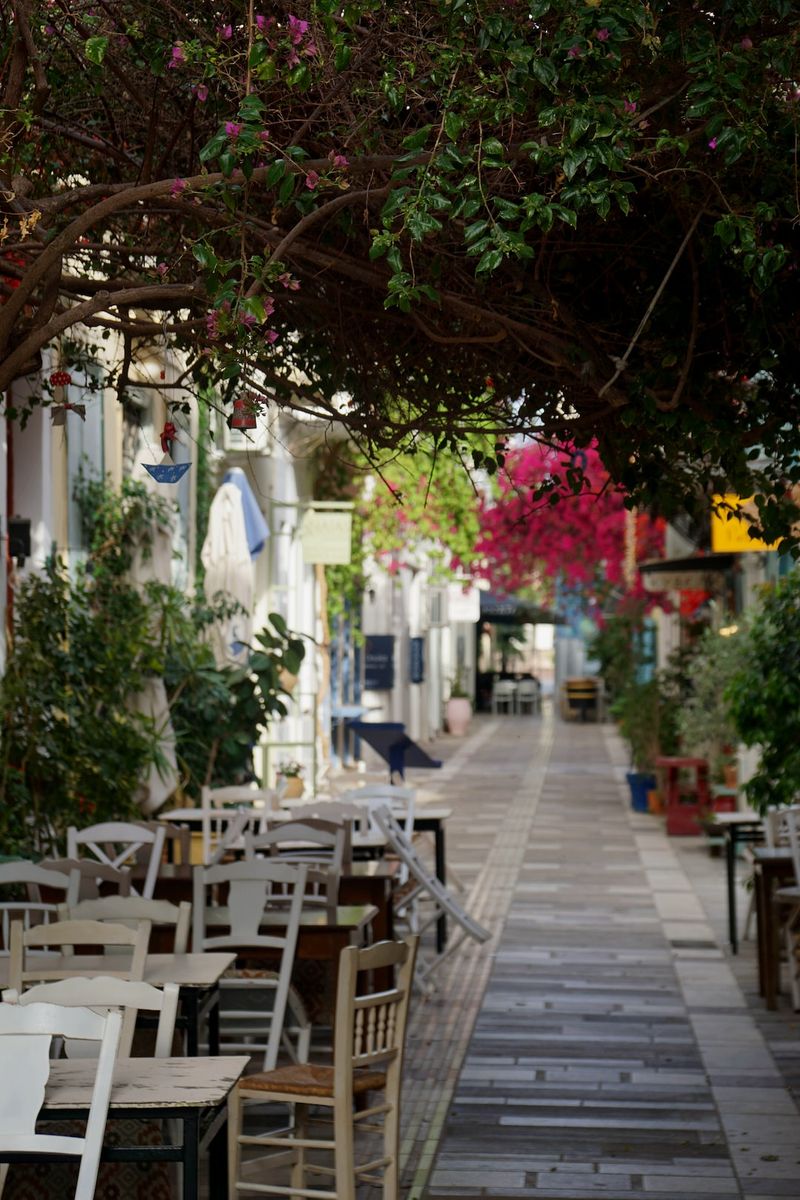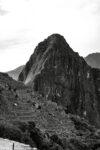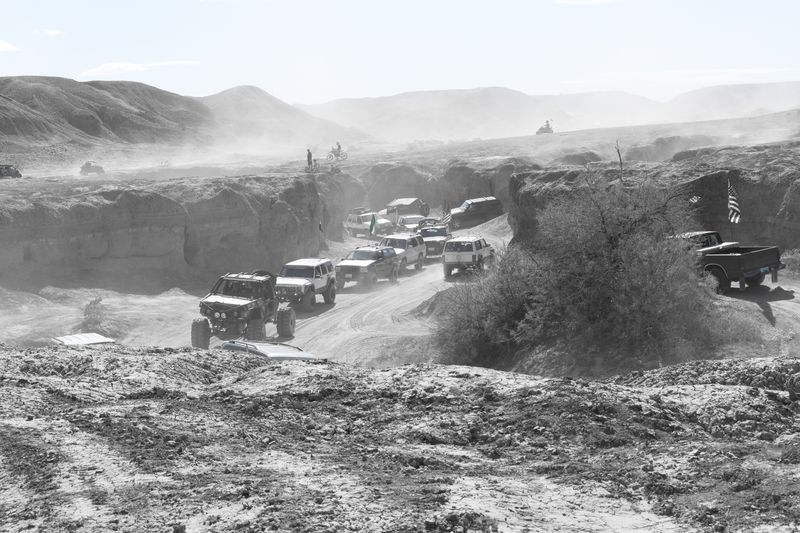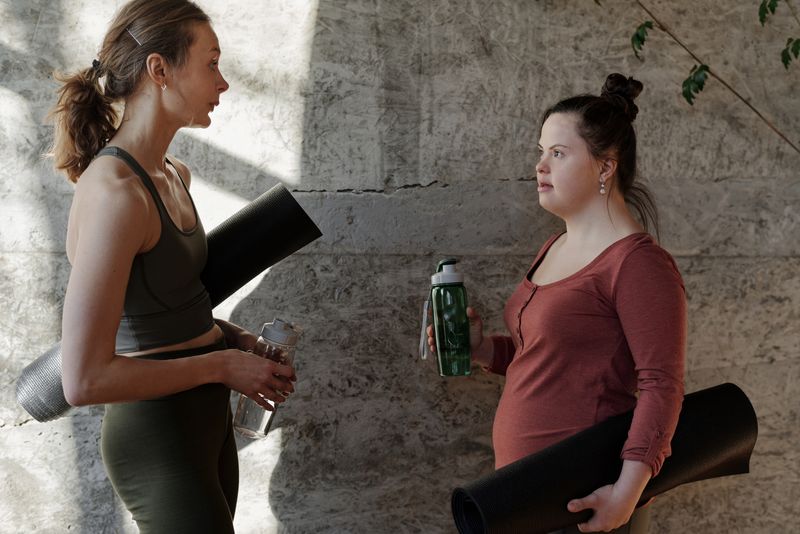The Columbus Day Or Indigenous Peoples’ Day Debate Explained
The Historical Background
Christopher Columbus, the Italian explorer, is widely credited with “discovering” America. Born in Genoa, Italy, in 1451, Columbus embarked on numerous trading trips around Europe from a young age. In 1485, he sought funding from the Spanish monarchs to explore Asia and bring back valuable goods. Columbus aimed to spread Christianity to the region and find new trade routes.
After eight years of persuasion, Columbus finally gained the support needed for his expedition. On August 3, 1492, he set sail from Spain with three ships – the Nina, the Pinta, and the Santa Maria. Five weeks later, on October 12, 1492, the sailors spotted a small island, which is now known as San Salvador in the Bahamas. While Columbus is often hailed as the discoverer of the Americas, he never actually set foot on the mainland.
The Declaration of Columbus Day
In 1934, President Franklin Roosevelt declared Columbus Day as a national holiday to commemorate Columbus’s arrival in the Americas. Initially celebrated on October 12th, the date was later changed to the second Monday of October in 1971 to allow for a three-day weekend.
The Controversy Surrounding Columbus Day
Columbus Day has long been a subject of controversy. Historians argue that Columbus did not “discover” the continent as indigenous people had already been living in the Americas for centuries. Additionally, Norse explorer Erik Larson established a European settlement in Greenland in AD 980, which predates Columbus’s voyage by nearly 500 years.
Furthermore, critics point to the mistreatment of indigenous people by Columbus and his crew. Violence was used to exploit the locals, forced conversions to Christianity were imposed, and new diseases were introduced that devastated entire communities.
As a result of these concerns, many states in the US, such as Oregon, Iowa, and Nebraska, never recognized Columbus Day. In 1971, Hawaii renamed the holiday “Discoverers’ Day” to honor the state’s Polynesian founders. South Dakota began celebrating the holiday as “Native American Day” in 1990. Over time, more states, including Alaska, Oregon, California, Iowa, Louisiana, and North Carolina, have adopted the alternative name of Indigenous Peoples’ Day to acknowledge the history and culture of Native American communities.
The Rise of Indigenous Peoples’ Day
In 1977, a group of Native nations proposed renaming Columbus Day to “Indigenous Peoples’ Day” as a way to honor the victims of American colonization. The resolution was suggested at a conference dedicated to addressing racial discrimination and was met with overwhelming support. Berkeley, CA, became the first city to officially make the change in 1992, followed by Santa Cruz, CA, in 1994.
Since then, the movement to designate the holiday as Indigenous Peoples’ Day has gained traction. Many states, including Alaska, Oregon, California, Iowa, Louisiana, and North Carolina, have adopted this name to recognize and celebrate Native American culture, history, and contributions.
The Current Debate
While the shift to Indigenous Peoples’ Day has been embraced by many as a more inclusive and historically accurate holiday, not everyone agrees with the name change. Italian Americans, in particular, argue that Columbus Day is the centerpiece of Italian Heritage Month and should be retained or changed to an alternative that honors the history of immigration, such as Italian Heritage Day.
Conclusion and Opinion
The ongoing debate over Columbus Day versus Indigenous Peoples’ Day reflects deeper questions about historical interpretation, cultural heritage, and the process of memorialization. It raises questions about whose history and contributions are honored, whose experiences are valued, and how societies reckon with the darker aspects of their past.
While it is essential to recognize and celebrate the legacy and culture of indigenous peoples, it is also crucial to acknowledge the enduring contributions of various communities, including Italian Americans. Perhaps a more holistic approach could be taken, where the holiday is dedicated to celebrating both indigenous peoples and the diverse immigrant communities that have shaped America.
The renaming of Columbus Day to Indigenous Peoples’ Day is a step towards confronting historical injustice and amplifying marginalized voices. However, it should not be seen as erasing the history of Italian Americans or other communities. Instead, it should be an opportunity to have meaningful conversations about historical accuracy, cultural representation, and the ongoing importance of inclusivity in shaping national narratives.
As we move forward, it is important to listen to and respect the perspectives of all stakeholders in this debate. Ultimately, the choice between Columbus Day and Indigenous Peoples’ Day should reflect a collective understanding of the complexities of history and a commitment to building a more inclusive society.

<< photo by Vladan Raznatovic >>
The image is for illustrative purposes only and does not depict the actual situation.
You might want to read !
- Reclaiming Heritage: Southern Oregon University to Observe Indigenous Peoples Day
- Remembering the Legacy: Reflecting on the Life of Former Patriots Tight End Russ Francis
- The Future of Fleetwood Mac: Stevie Nicks’ Departure Raises Questions and Uncertainty
- NFL Brings Toy Story Magic to London Game Broadcast
- BYU’s Rising Football Program Attracts Coveted OL Ikinasio Tupou
- Reshuffling the Democratic House: Rep. Dean Phillips Resigns from Leadership Position
- Buccaneers’ Mike Evans: Evaluating the Impact of His Hamstring Injury
- A Hot Blow for Runners: The Annual Twin Cities Marathon Falls Victim to Extreme Heat




